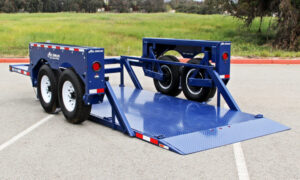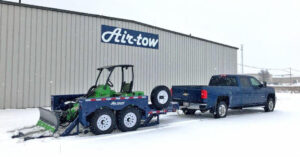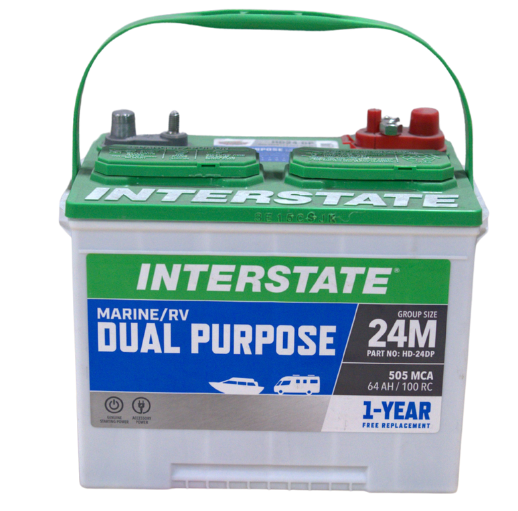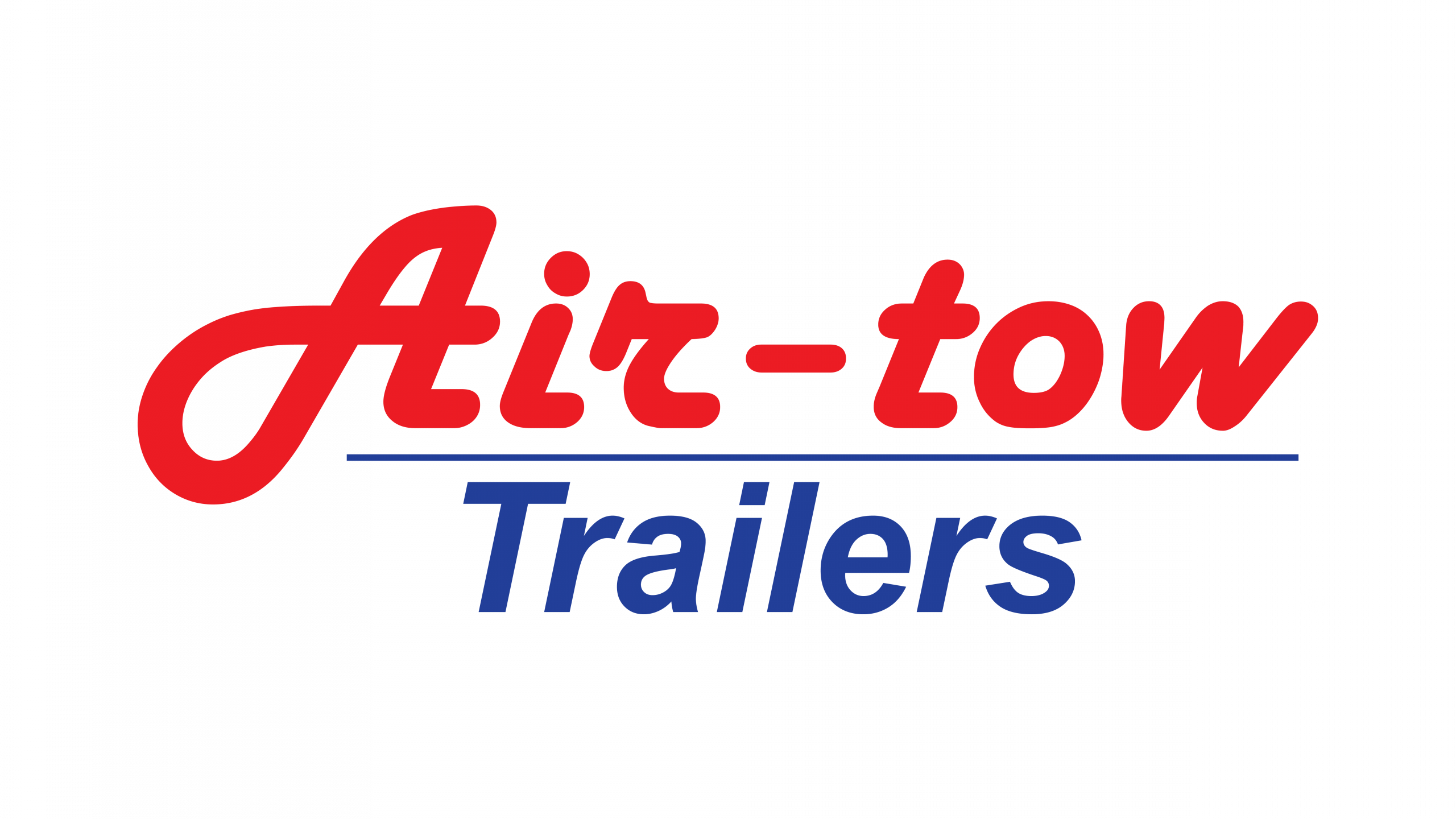- March 26, 2025
- Uncategorized
- Posted by admin
- No comments yet
Buying a trailer is an important decision that can have long-term implications for your hauling and transportation needs. Whether you’re purchasing a trailer for work, recreation, or personal use, asking the right questions beforehand will help you avoid costly mistakes and ensure you choose the best trailer for your needs. Here are 10 essential questions to ask before making your purchase:
1. What Will I Be Hauling?Understanding what you’ll be transporting is crucial when selecting the right trailer. Are you hauling construction equipment, recreational vehicles, or household goods? Each type of cargo has different needs. For example, if you need to transport vehicles or heavy equipment, you may need a flatbed or a low-profile trailer. For cargo that needs protection from the elements, an enclosed trailer would be the right choice. The size, weight capacity, and construction of the trailer will depend on the type of items you plan to carry.
2. What is [...]- March 26, 2025
- Uncategorized
- Posted by admin
- No comments yet
At Air-tow Trailers, we take customer feedback seriously, and when our customers ask for a solution, we deliver. That’s exactly why we’re bringing back the E-12 enclosed trailer—a model that perfectly balances size, strength, and convenience.
Customers have expressed the need for an enclosed trailer with a lower Gross Vehicle Weight Rating (GVWR) without sacrificing payload capacity. The E-12 answers this demand by offering the same impressive 10,000-lb payload capacity as our larger models while featuring a lower GVWR of 13,995 lbs due to its shorter length. At 10’3” in length, the E-12 is more compact and maneuverable while maintaining the durability and high-performance Air-tow is known for.

Why We Brought Back the E-12
Recently, we worked with a customer who needed an enclosed trailer capable of hauling [...]
- March 26, 2025
- Uncategorized
- Posted by admin
- No comments yet
Trailers are essential tools for transporting everything from equipment and vehicles to furniture and livestock. Whether you’re a first-time buyer or an experienced user, you likely have questions about trailer selection, maintenance, and safety. Here are answers to ten of the most frequently asked questions about trailers.

1. What Types of Trailers Are Available?
Trailers come in many forms, including enclosed cargo trailers, utility trailers, dump trailers, equipment trailers, flatbeds, goosenecks, and specialized trailers like Air-tow’s ground-level loading models. Choosing the right one depends on your hauling needs.
2. What Size Trailer Do I Need?The size of the trailer you need depends on the type of cargo you plan to haul. Consider the dimensions and weight capacity of the trailer to ensure it fits your equipment or materials. Always check the towing capacity of your vehicle [...]
- March 19, 2025
- Uncategorized
- Posted by admin
- No comments yet
Safety should always be a top priority when operating trailers. One critical component of safe trailer operation for Air-tow Trailers is understanding the correct placement and operation of the safety latch. In this guide, we’ll walk you through the proper procedures to ensure the safe and effective use of your trailer’s safety latch system.
Location of Power Compartment and RemoteIdentify the power compartment and the remote control location. Familiarize yourself with these components, which are essential for controlling the trailer’s hydraulic system.
Lowering the Trailer- Ensure Full Elevation: Before lowering, ensure that the deck is raised all the way so that the safety latch is clear of the latch bar.
- Releasing the Safety Latch: With the remote in one hand, use your other hand to push the latch handle forward to disengage the latch.
- Remote Control Operation: Press and hold the DOWN button on [...]
- March 14, 2025
- Uncategorized
- Posted by admin
- No comments yet
At Air-tow Trailers, quality is the foundation of everything we do. From the initial design to the final bolt, our team of skilled professionals ensures that every Air-tow trailer meets the highest standards of durability, safety, and innovation. Let’s take you behind the scenes to see how our operations, engineering, welding, and assembly teams work together to build top-of-the-line trailers. Learn how Air-tow Trailers are manufactured:
1. Operations: Managing Materials & Production Efficiency
Our operations team is the backbone of our manufacturing process. They manage the supply chain, ensure production runs smoothly, and keep everything on schedule. Here’s how they contribute to building every Air-tow trailer:
- Material Sourcing & Inventory Management: We source High-quality steel, precision components, and durable materials to meet our strict standards.
- Production Scheduling: They coordinate with engineering, welding, and assembly teams to keep production timelines on track.
- Quality Control Oversight: [...]
Best Time to Purchase a New Trailer
A Seasonal Guide to Finding the Optimal Time of Year to Buy a New Trailer- March 6, 2025
- Uncategorized
- Posted by admin
- No comments yet
Buying a new trailer is a significant investment, and choosing the right time to make your purchase can save you money, reduce wait times, and ensure you get the best model for your needs. Whether you’re looking for an enclosed trailer, a flatbed, or a specialty model, the time of year plays a crucial role in availability, pricing, and lead times. Let’s break down the best times to buy a trailer and the factors you should consider before making your purchase.
 Winter (December – February): The Best Time for Discounts
Winter (December – February): The Best Time for Discounts If you’re looking for the best deal on a new trailer, winter is often the ideal time to buy. Dealerships are typically slower in the winter months, as many industries that rely [...]
- February 27, 2025
- Uncategorized
- Posted by admin
- No comments yet
If you own or recently purchased a trailer, there’s some important paperwork to take care of before you hit the road. From registration to insurance, having the right documents ensures you stay compliant and protected. Here’s a breakdown of everything you need to legally own and operate your trailer in 2025.
1. Title and Proof of OwnershipA trailer title is the most important document you’ll need—it legally proves you own the trailer. Whether buying new or used, you should receive a title from the dealer or previous owner. Similar to a vehicle, a trailer’s title includes key details like the make, model, year, and Vehicle Identification Number (VIN). Keep this document safe, as you’ll need it for registration, resale, or transferring ownership in the future.
2. Bill of SaleThe bill of sale serves as proof of purchase, outlining the transaction details between you and the seller. It typically includes the purchase price, date [...]
- February 20, 2025
- Manufacturing, Products
- Posted by admin
- No comments yet

Your Air-tow trailer has a premium Interstate Deep Cycle Battery, designed to handle repeated discharge cycles while providing reliable power for extended periods. Proper care and maintenance are essential to maximize its lifespan and performance. Below are a few tips to help you get the most out of your battery.
Understanding Battery Usage Shallow vs. Deep Discharge
To extend the life of your battery, avoid deep discharges. The ideal practice is to discharge no more than 50% before recharging. Extreme or severe discharging before recharging will shorten the battery’s lifespan, so keep an eye on the power level to prevent excessive depletion.
Regular Recharging is Crucial
Think of your battery like a 20-gallon fuel tank—if you use it, you must refill it. To maintain optimal performance, charge [...]
- February 13, 2025
- Uncategorized
- Posted by admin
- No comments yet
When considering the purchase of an Air-tow trailer, you likely have questions about pricing, specs, features, and maintenance. At Air-tow, we want to make the buying process as seamless as possible by providing clear answers to the most common inquiries we receive. Below, we’ve compiled a list of frequently asked questions to help you better understand our trailers, their capabilities, and how to get one for yourself.
1. How do I purchase an Air-tow trailer?You can purchase an Air-tow trailer through our extensive dealership network. Our dealers offer sales and support to help you find the perfect trailer for your needs.
2. How do I find a dealer near me?
To find your nearest dealer, fill out a form on our website. We’ll connect you with the nearest dealer with the inventory you’re looking for in stock.
3. Where is Air-tow located?
Air-tow has manufacturing facilities in Wapakoneta, Ohio, Botkins, Ohio, and [...]
- February 5, 2025
- Uncategorized
- Posted by admin
- No comments yet
Electrical contractors rely on specialized tools, materials, and equipment to do the job efficiently. One of the most essential pieces of equipment is the right trailer for transportation. From hauling scissor lifts to transporting heavy electrical components, having a reliable and efficient trailer can significantly impact productivity and safety on the job site.
Air-tow Trailers have become the go-to for electrical contractors due to their unique design, durability, and ease of use. Let’s explore why Air-tow Trailers stand out and how they cater specifically to the needs of electrical contractors.
Ground-Level Loading Technology:
Traditional trailers require ramps or tilt beds, making loading and unloading heavy equipment like scissor lifts, transformers, and cable spools challenging. However, Air-tow Trailers solve this problem with their innovative ground-level loading technology, allowing the entire deck to lower flat.
How Does This Benefit Electrical Contractors?- Easy Loading & Unloading—No ramps allow workers to roll or [...]

